Publisert 15.11.2023
The Finnish-Norwegian performing arts group spent three weeks in residence at the Davvi – Centre for Performing Arts in Hammerfest in September 2023. The working group consisted of actors Emilia Jansson (FI), Ole Øwre (NO) and Tom Rejström (FI) as well as playwright and director Otto Sandqvist (FI).
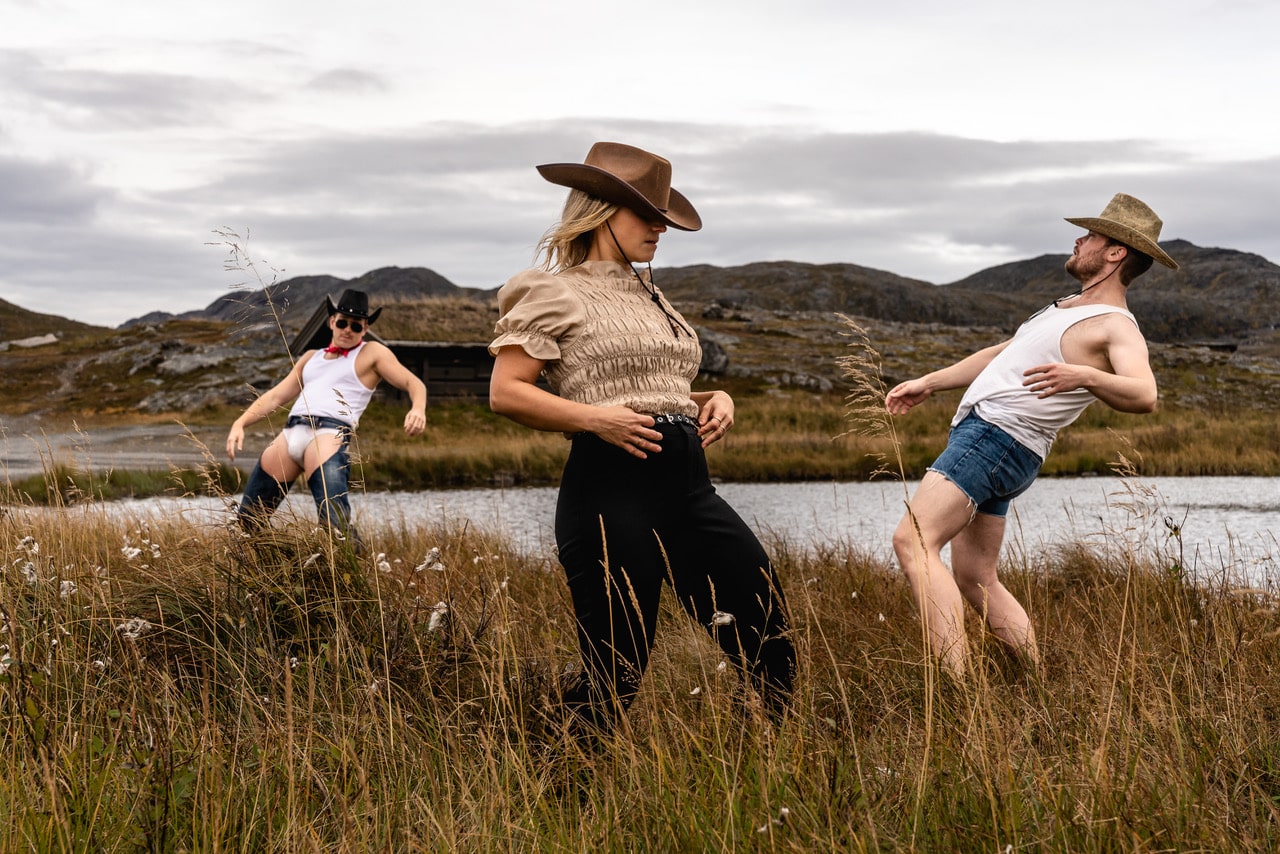
The working group Kaputt photographed during their recidency in Hammerfest. Photo: Nyvoll Film & Foto
During the residency, you worked on the performing arts piece Kaputt, which is a co-production with Teater Viirus and which will premiere in Helsinki in the spring of 2024. The work deals thematically with how identity, desire, and sexuality are formed in late-capitalist society. Can you tell us more about the work and what it’s about?
Kaputt has several thematic threads. On the one hand, Kaputt deals with late-capitalist states of mind such as bottomless desire, exhaustion, mania, depression, restlessness, a certain limitlessness and alienation in the perception of the self, and a collectively shared experience of isolation and loneliness. Since these states of mind are often very bodily, Kaputt often takes place in and around the body and in that way thematises a bodily and affective experience of life in a late-capitalist society.
Furthermore, Kaputt deals with a certain kind of change of masculinity via pleasure-filled submission. In Kaputt, banal and strange day-to-day fantasies are shared on a dance floor, among dancing bodies. The characters are alone and together, they seek both solitude and contact. They’ve stopped recognising their needs and are trying to create completely new ones. Change can happen via both banal and absurd routes.
Kaputt is not so interested in establishing a moral position regarding the issues it addresses. Rather, the thematic treatment takes place in some kind of ambivalent state where we no longer know what we want and why, and how we feel at all and why. And this is perhaps the experience of capitalism as a bodily and emotional condition. A state where we can no longer decide whether our most intimate and private desires, needs, fears, hopes, and dreams are our own or standardised mass products of the patriarchal late-capitalist society.
“Perhaps one thesis is that when one’s most private desires have been turned into a product and made public by force, the experience of one’s body, its boundaries and its will changes. Much of Kaputt is based precisely on that hidden, inner will. We want to try to free it.”
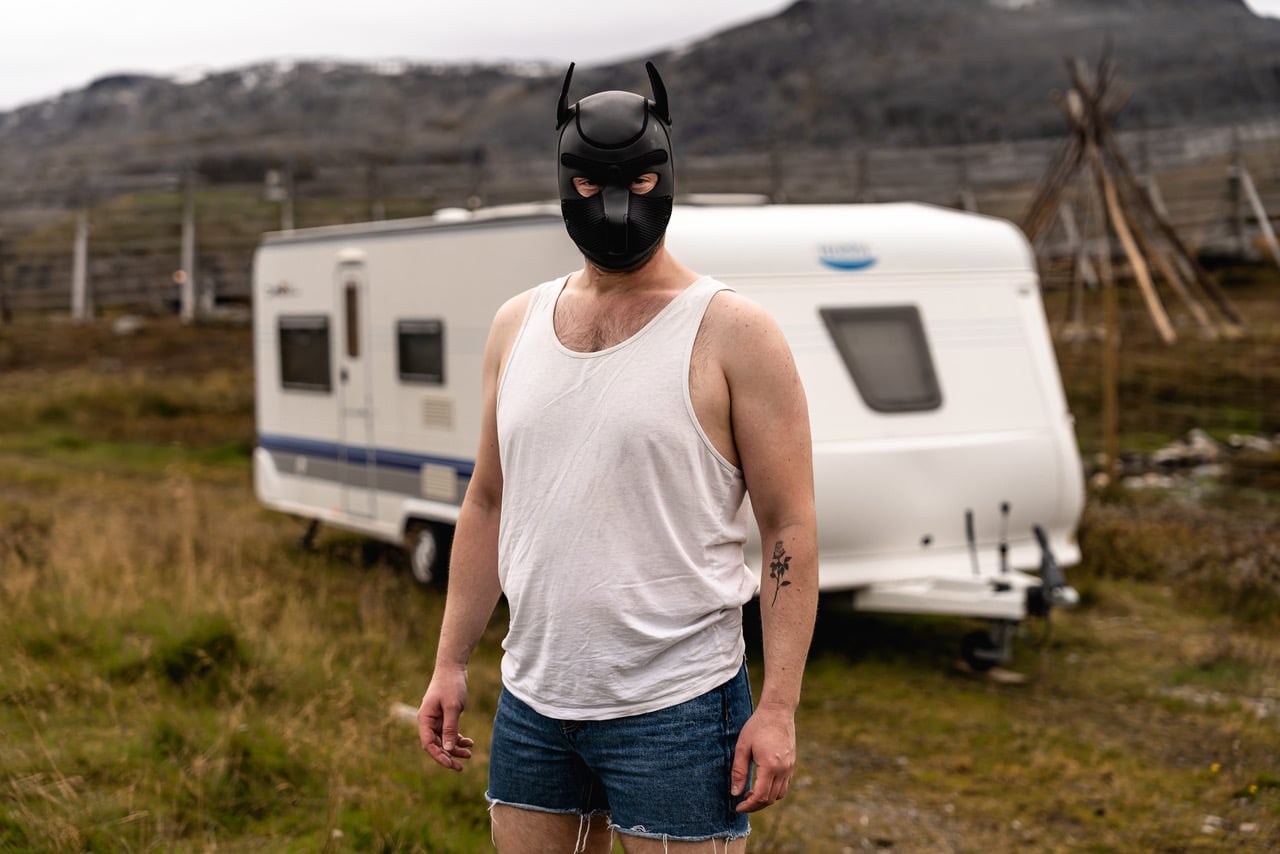
Photo: Nyvoll Film & Foto
According to your description, the boundary between the private and the public has become increasingly fluid and diffused in a late–capitalist society, how do you explore this in Kaputt?
We examine this boundary from a bodily angle. And of course, the physical also includes a voice that can produce text. The performance situation itself, performing in front of an audience, is the highest degree of publicisation. This age-old platform for publicity, however, is quite different from the publicity we project and are exposed to in digital media. The digital public is more diffuse, and it is capitalised. Perhaps one thesis is that when man’s most private desires have been turned into a product and made public by force, the experience of one’s body, its boundaries and its will changes. Much of Kaputt is based precisely on that hidden, inner will. We want to try to free it.
What has it been like to work at the Davvi – Center for Performing Arts and the surroundings in Hammerfest? What has the residency made possible for your work process?
The residency gave us the opportunity to really immerse ourselves in the material in peace and quiet, without the day-to-day interruptions that occur during a normal creative process at home in Helsinki. Since the text is intimate, I thought it was nice that we could share an intimate and isolated day-to-day life together in Hammerfest. Although we know each other from before, we’ve never shared our lives together in such an isolated way. We did almost all our shopping together, cooked dinner together, drank wine and played the obligatory card games every night after dinner. Some days we hiked in the mountains or visited Hammerfest’s swimming pool. Everyday life felt simple and very concentrated. There’s something about Hammerfest that feels it’s at the edge of the world, and the nature all around you is quite humbling.
It was a huge privilege to kick off the process with two weeks of exploration with the director. As an actor, you’re usually the last person involved in the collation process, but here we’re involved from the beginning. Getting to start with residency meant establishing a relationship between the actors and a clear common point of reference.
“In concrete terms, on stage, it (the Norwegian-Finnish collaboration) is also visible in our multilingualism. We play with linguistic expressions, dialects and voice modes. It lets linguistic and cultural diversity come to the fore.”
Your working group consists of both Finnish-Swedish and Norwegian members, how does this appear in Kaputt?
As a Norwegian, I (Ole) feel that we share different societal references within the group, we exchange Norwegian and Finnish/Finnish-Swedish experiences.
In concrete terms, on stage, it’s also visible in our multilingualism. We play with linguistic expressions, dialects and voice modes. It lets linguistic and cultural diversity come to the fore.
You work in Swedish, a minority language in Finland. What significance does the Nordic context have for you?
We’d like to see that the Nordic context had a greater meaning for us. Most members of our working group work in both Swedish and Finnish in the Finnish performing arts field. So we’re not isolated from the Finnish-speaking context in Finland, but work simultaneously in Swedish and Finnish. Yet we feel that the Nordic countries are quite isolated from each other when it comes to concrete artistic collaboration and contact across national borders and artistic contexts. We’d like to challenge that isolation.
How do you see the future of your project?
Our aim is now to make our work as interesting as possible. The premiere will take place in early April at Teater Viirus in Helsinki. The working group will next meet in December in Helsinki. At the same time, Nordic guest performances by Kaputt are planned for the autumn of 2024.
“… we feel that the Nordic countries are quite isolated from each other when it comes to concrete artistic collaboration and contact across national borders and artistic contexts. We’d like to challenge that isolation.”
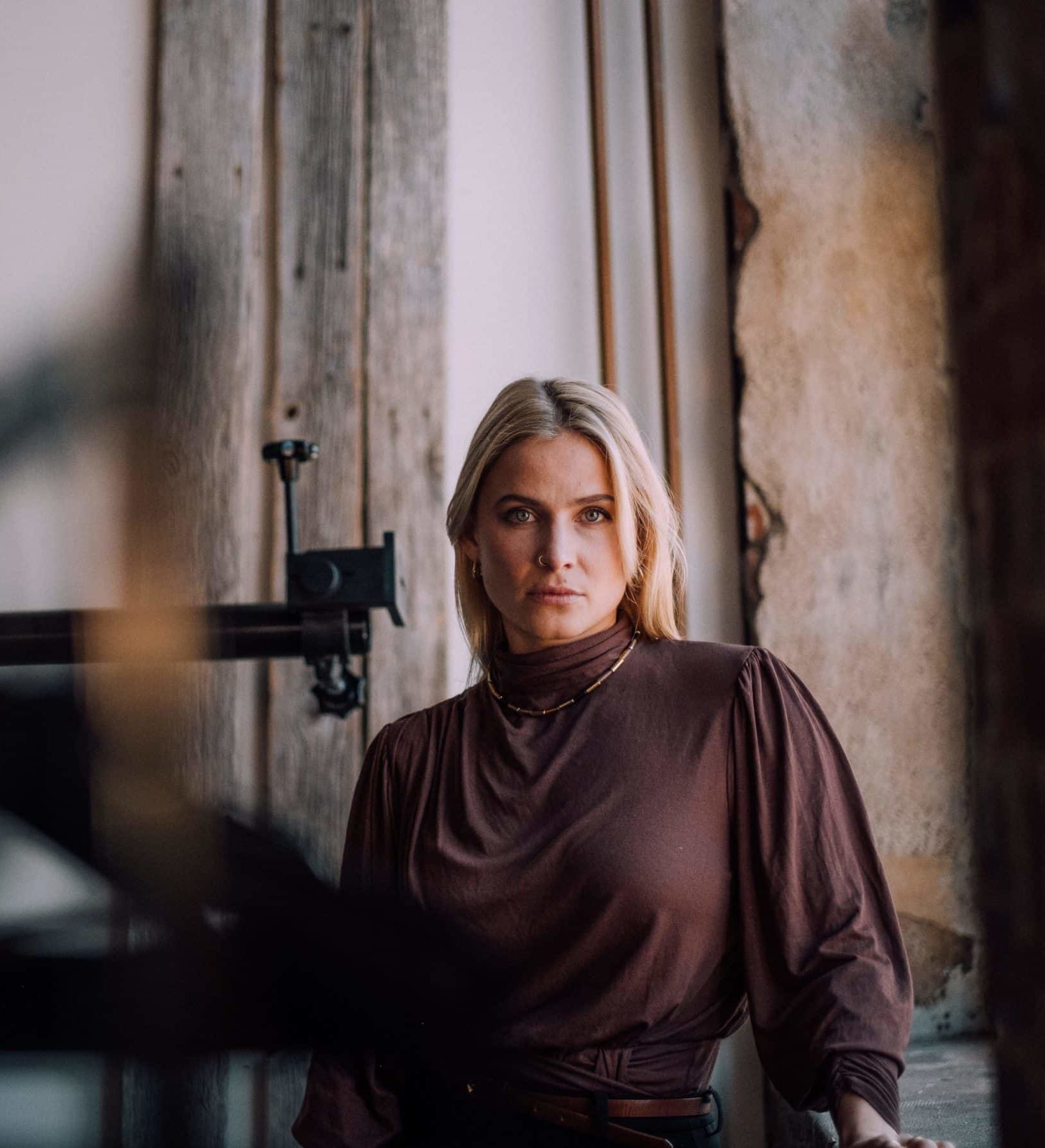
Emilia Jansson is a freelance actor who studied at the Theatre Academy in Helsinki. She graduated in 2021 and has since run the free group 4 Floors of Whores together with three other actors and a sound designer. 4 Floors of Whores’ work is based on collective artistic creation with a focus on core values such as security, compassion, queering, desire, lust, pleasure, and transgression. Photo: Nani Anette
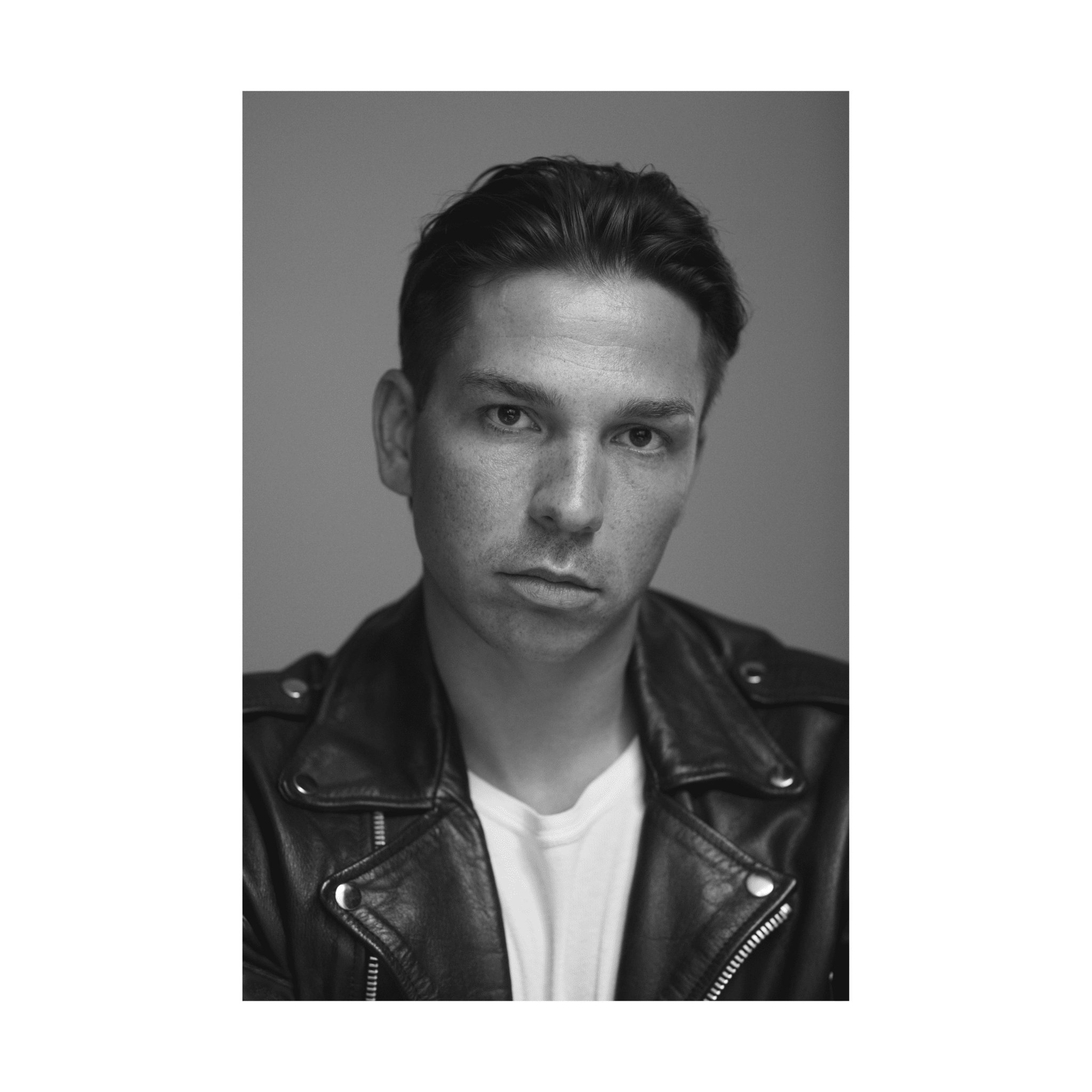
Tom Rejström is an actor, artistic director, and educator. He trained at the Theatre Academy in Helsinki between 2011 and 2016. Since graduating, Tom has worked as an actor and creator of stage artwork at Teater Viirus, the Helsinki Biennal, Hangö Teaterträff, Svenska Teatern, Skärgårdsteatern and works in the film and television industry. Since 2017, Tom has worked as curator and artistic director for the Hangö Teaterträff festival, which is a four-day performing arts festival held each year on the first weekend of June in the seaside resort of Hangö. Tom has also been a lecturer in acting at the Theatre Academy in Helsinki since 2020. Photo: Ilkka Saastamoinen
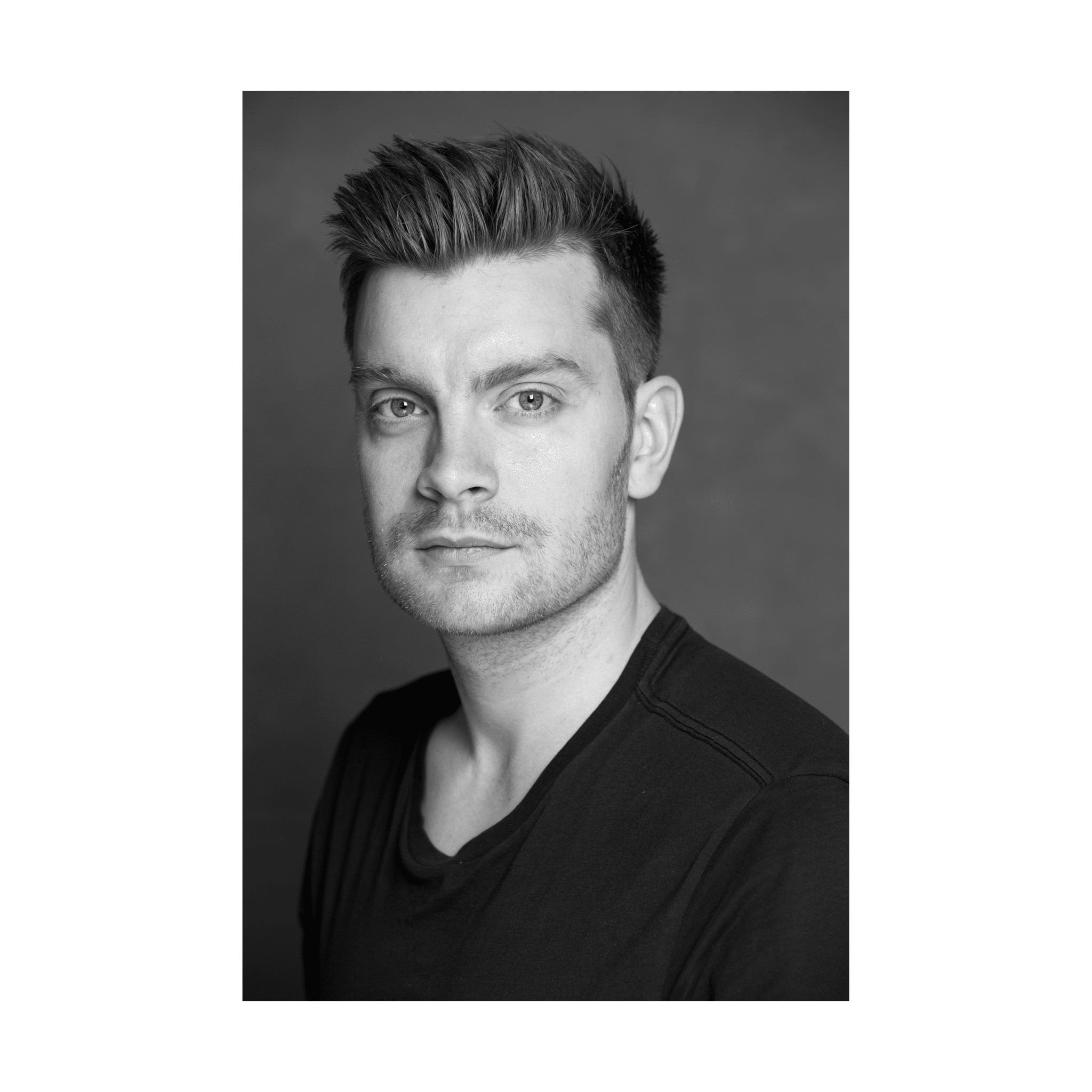
Otto Sandqvist is a dramaturg and playwright. He has worked with performing arts and contemporary dance in Helsinki at, among others, the Zodiak dance centre, Teater Viirus, the Helsinki Biennale, Svenska Teatern, and Teatteri Takomo. Sandqvist’s latest play Magnum (2020) was nominated for the Lea Award. Sandqvist also teaches as a part-time teacher at the Theatre Academy in Helsinki. Photo: Laura Malmivaara
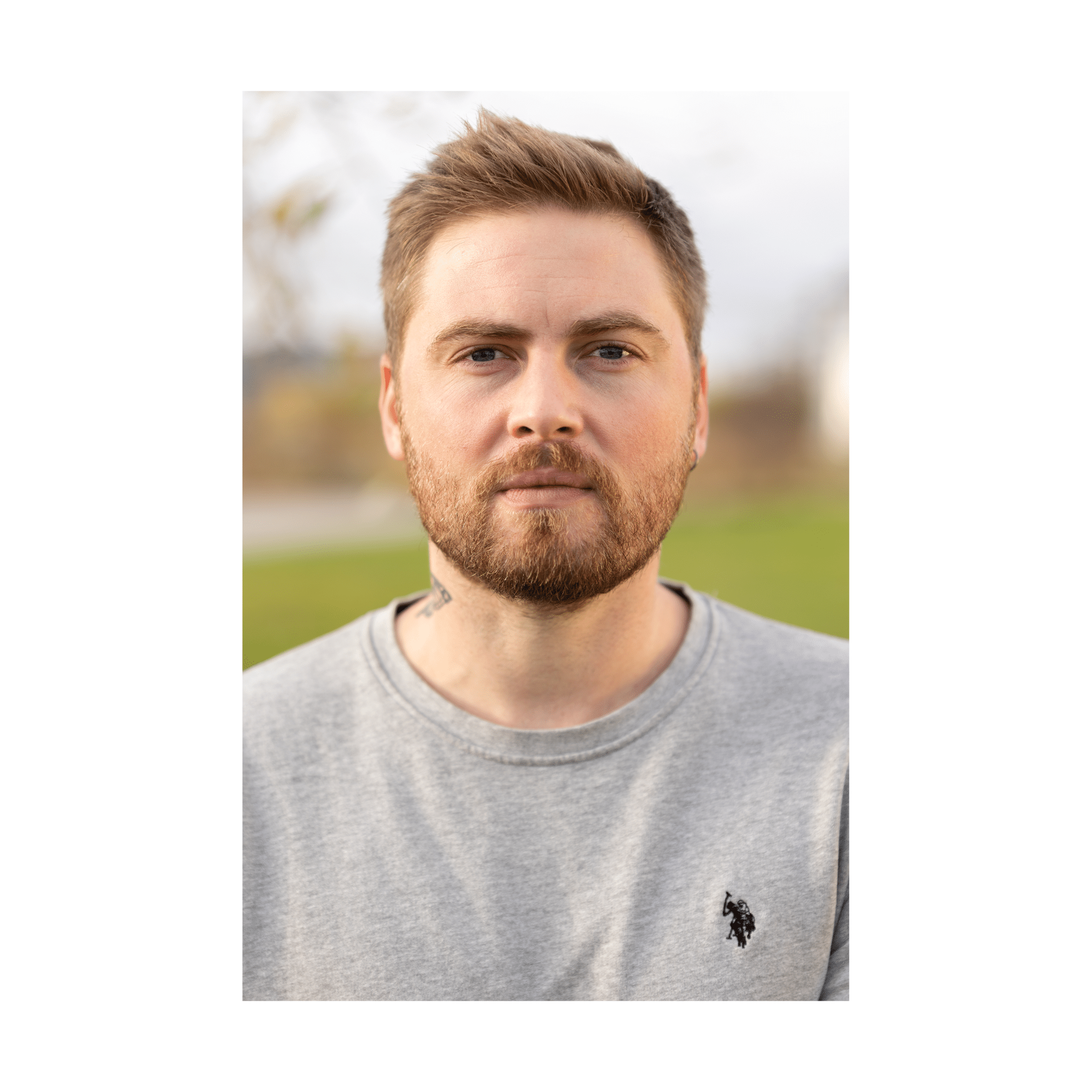
Ole Øwre graduated from the Theatre Academy in Helsinki in 2018. He has freelanced at various theatres in Finland and received the Swedish Cultural Foundation’s work grant in 2021. He is now based in Norway and has studied drag art at OsloMet, the first drag course of its kind at university level in the Nordics. Photo: Simon Bergholm
The artists started a new residency collaboration between the Davvi – Centre for Performing Arts, the Finnish-Norwegian Cultural Institute, and the Swedish Cultural Foundation, which focuses on making space for minority languages on the theatre stage. The Kaputt working group was selected through an open call in the autumn of 2022. The call was intended for Swedish-speaking professional performing artists active in Finland, with a focus on artistic work in theatre, dance, new circus, and performance. The Swedish Cultural Foundation awarded work grants to Emilia Jansson, Ole Øwre, and Otto Sandqvist.